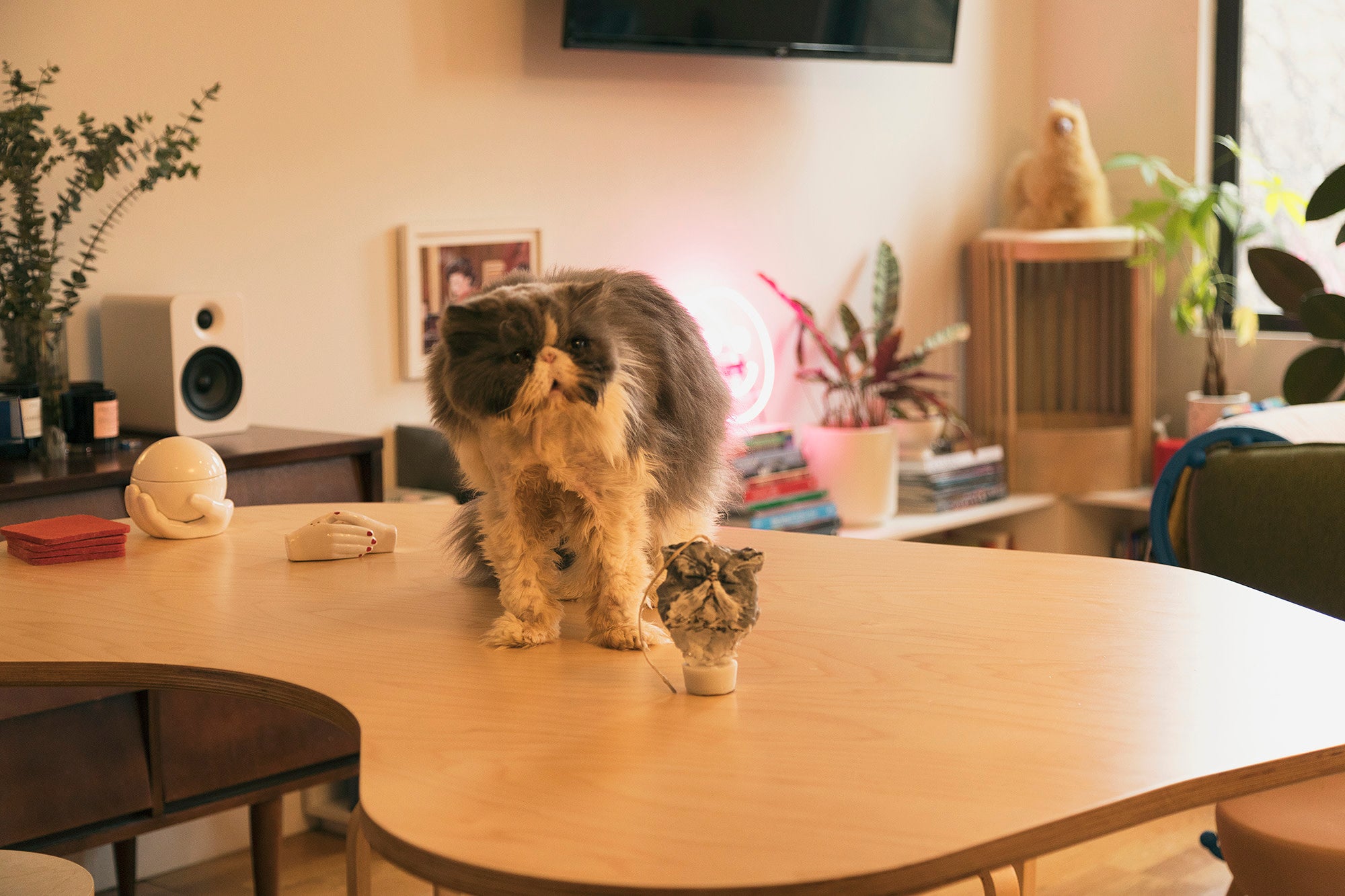
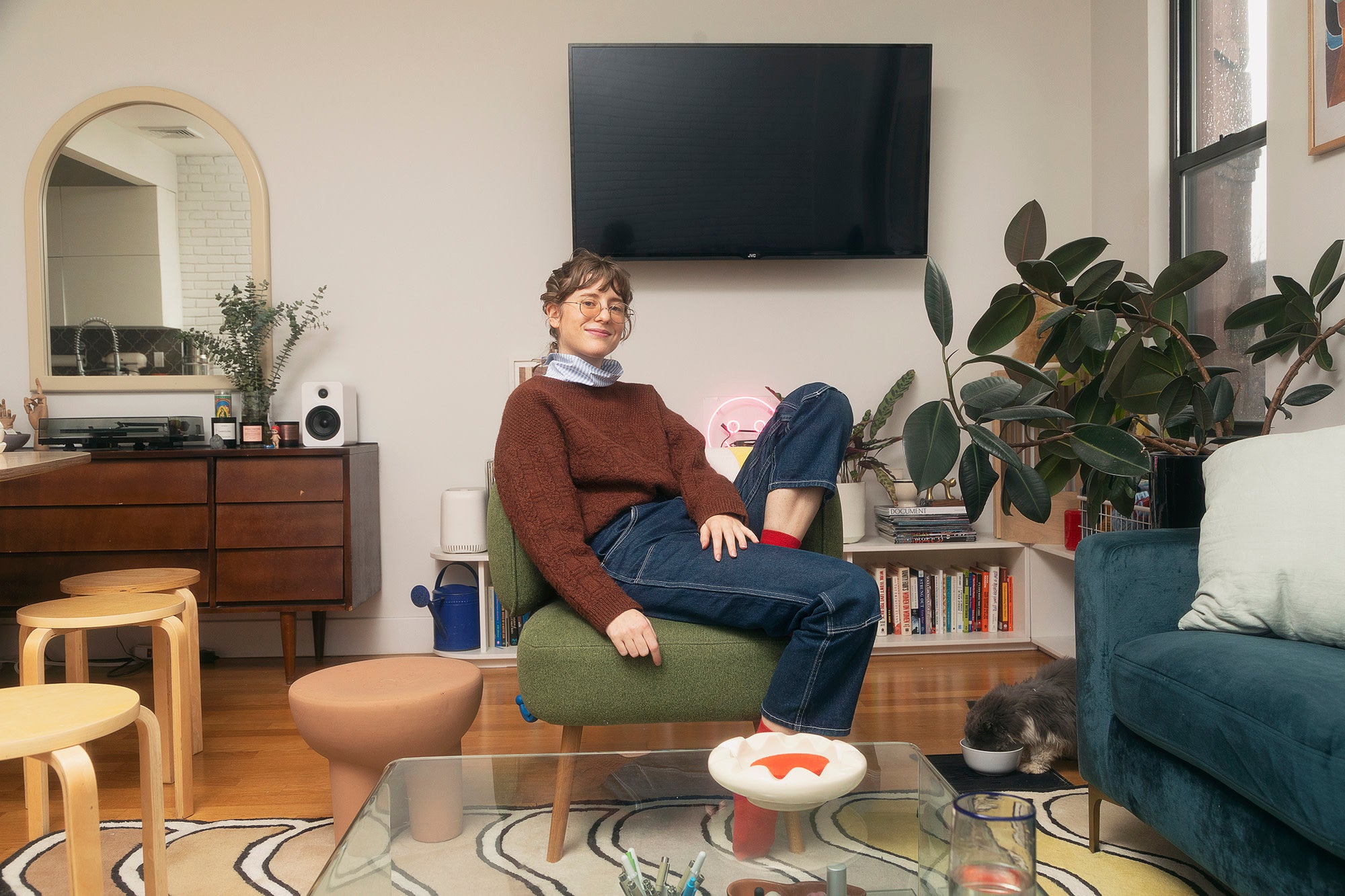
The Maybe Baby writer on the downside of feedback, getting lost on a nude beach, and becoming an unintentional resource for acid users.
AS TOLD TO GOSSAMER
I came into writing in my mid-twenties. I wasn’t specifically pursuing it, but it’s one of those life shifts that makes a lot more sense in hindsight. Being a thinker, or very ruminative, is pretty core to who I am. Sometimes in a bad way. It’s how I process the world, and what I’ve always done to soothe and understand myself.
I think of it more as codified thinking. Less about prose, or even finding the most beautiful set of words. To me, that is what I find satisfying about writing. I turned to journaling when I was young. I enjoyed—or I relied on—being able to put things into words. Basically, to be able to talk back to myself.
My mom always talks about how I was kind of a precocious kid, but not in a child-genius way. I wanted to be older and settled and have the questions of my life answered. I used to beg her to take us to a fortune teller. I was too young to have cynicism about that. I was like, There’s somebody out there who can tell me what’s going to happen?Through my mom’s retelling, I used to say that she was so lucky because she already had a family and knew what she was doing with her life—everything was settled. She thought that was a strange thing to want at such a young age.
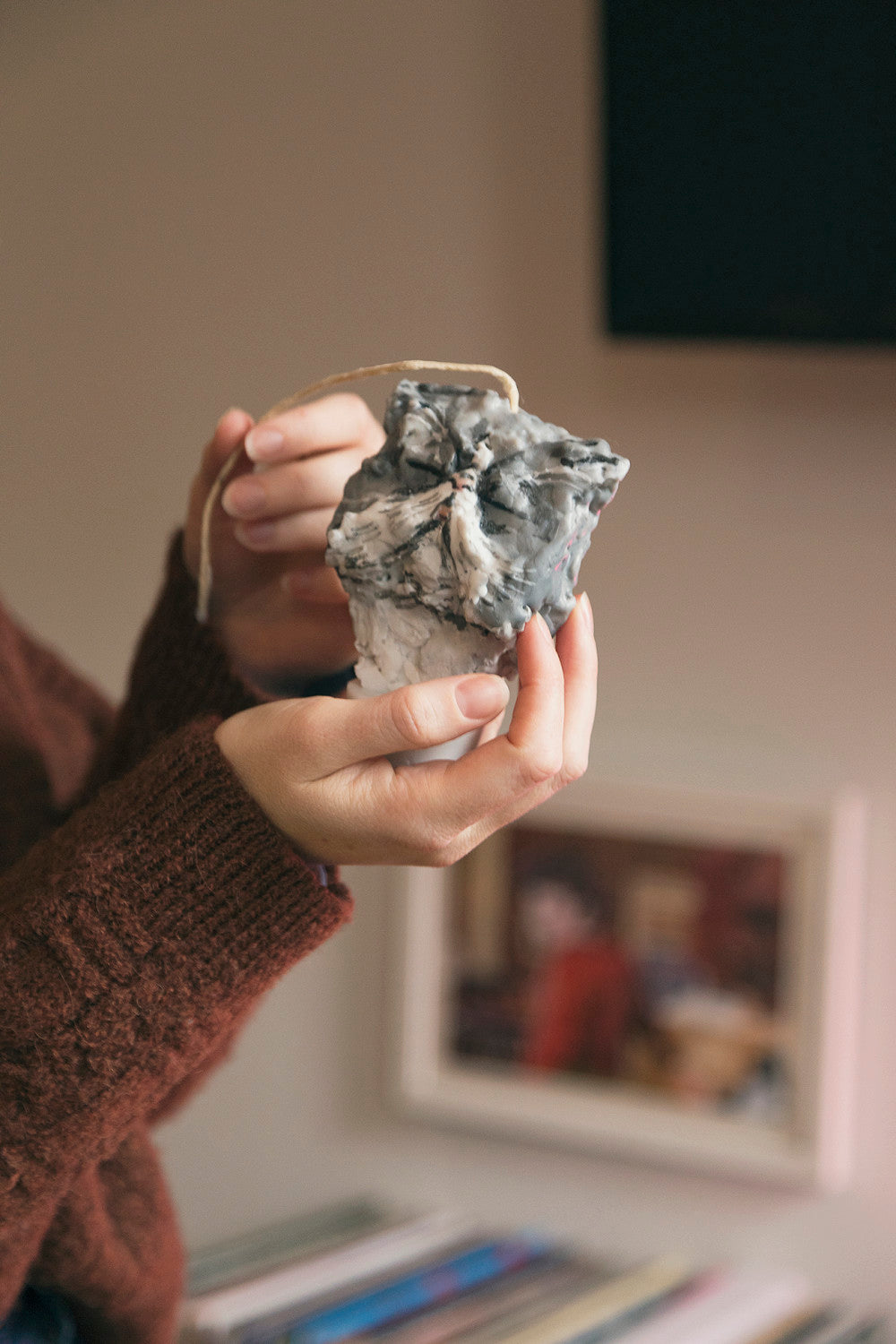

I didn’t pursue writing or creative fields because I was a big athlete growing up, and then I studied business because I didn’t know what else to do. I was pretty lost. I kept picking the safe path, and in my mid-twenties I had a classic realization that I’d made all the safe decisions, but I didn't really know who I actually was. I was working in HR in San Francisco. I was in a long-term relationship. I was living a very particular type of life and everything was in that “good but not quite right” holding pattern. So I decided to change everything up.
After a couple years of trying a bunch of different things, I got a job as a junior editor at Man Repeller. I moved to New York on the fly. This was March 2016, so I had six months in New York before Trump won. Working in media at the time was interesting because there was this really palpable shift over my first year. I worked my way up, and ended up staying for four years. Every year was such a huge cultural shift.
I gave them six weeks notice in January 2020, and had my last day just by chance on March 11th—which was the day the stock market crashed, the NBA was canceled, Tom Hanks got COVID and everybody started taking it “seriously.” Freelance budgets were slashed, and this was supposed to be my big freelance leap. So I decided to launch a newsletter called Maybe Baby instead.
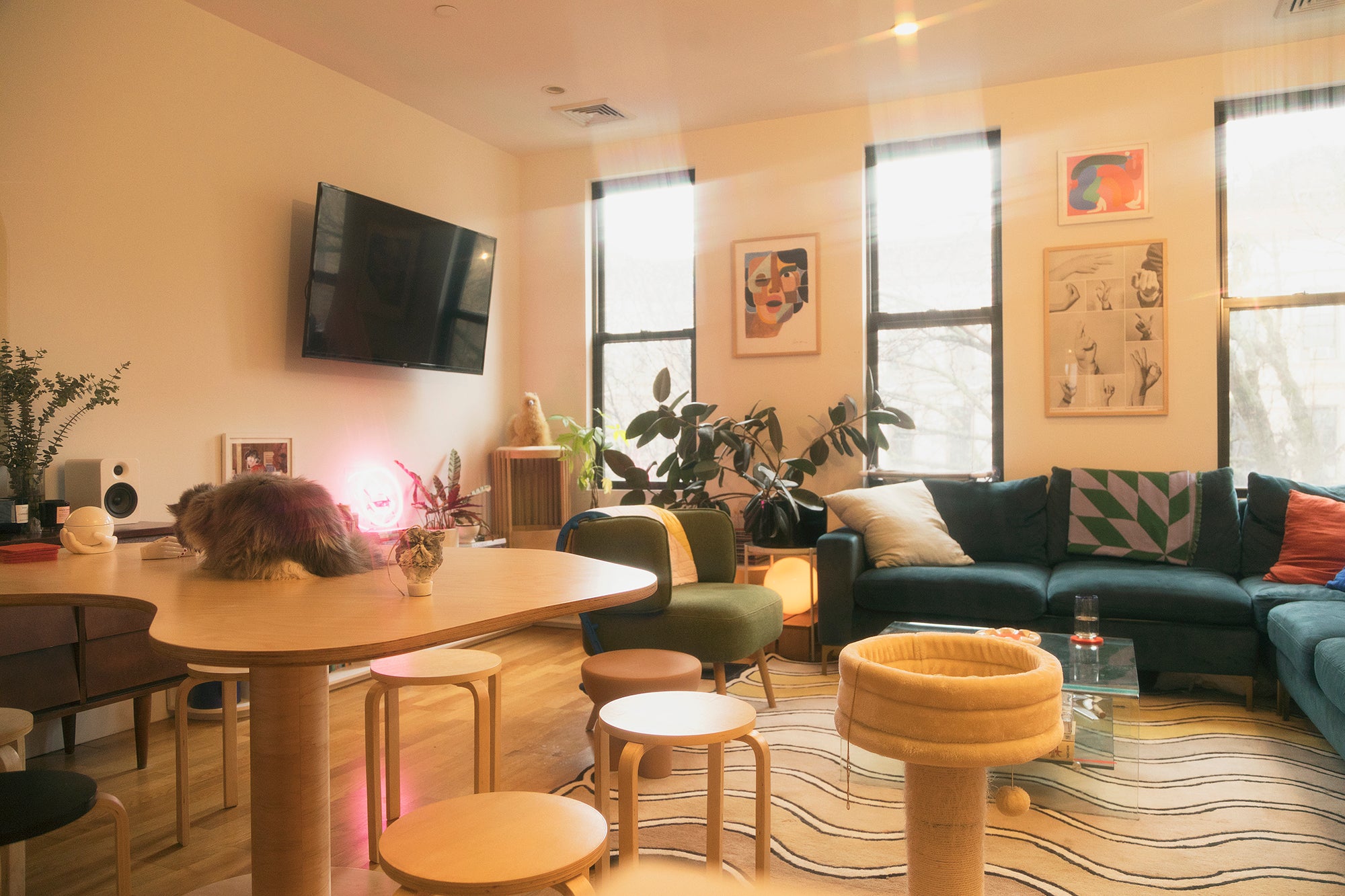
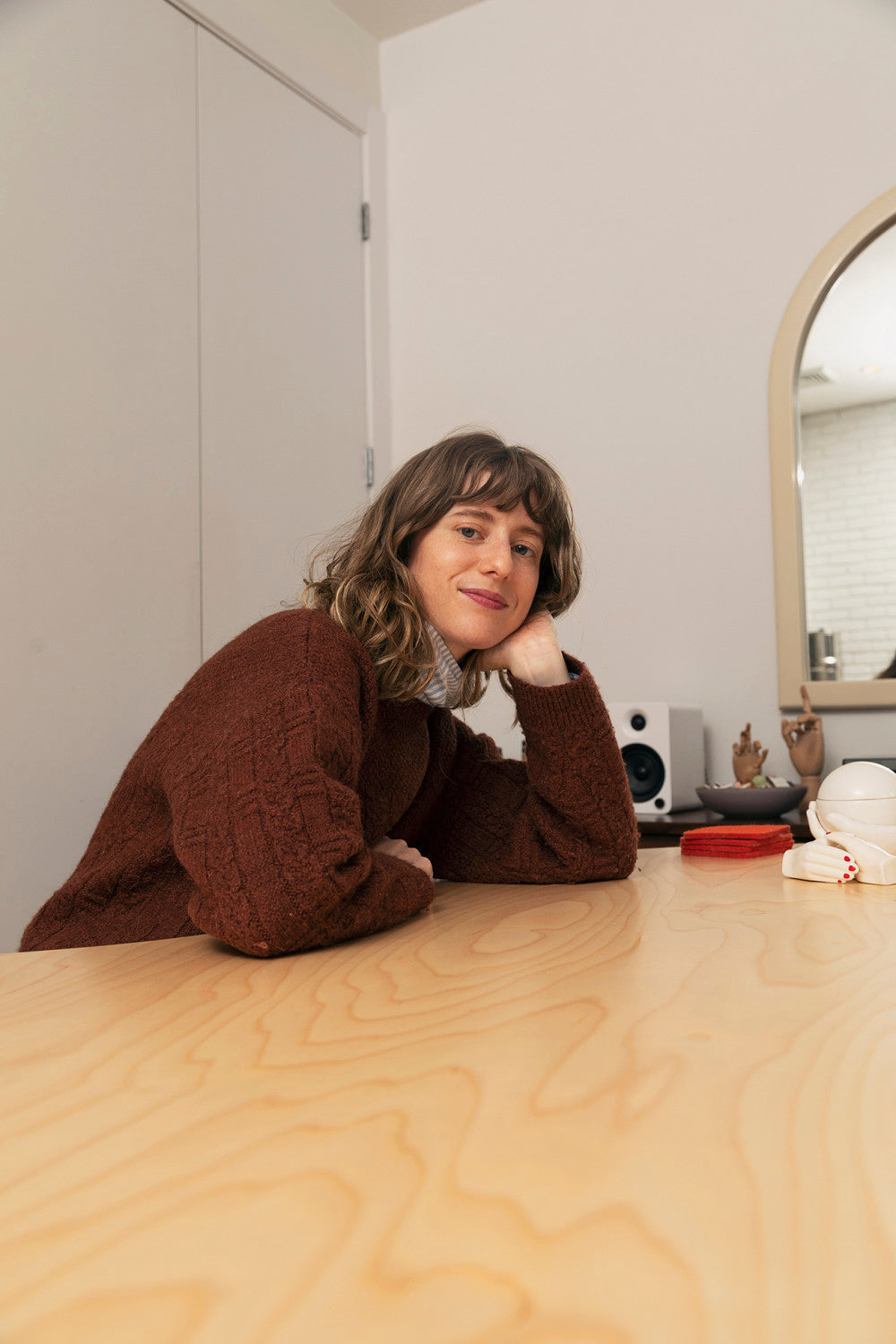
Writing has always been about finding order in the disorder.
I publish an essay every Sunday, and send out a weekly podcast and recommendations list as well. It ended up being a great alternative path, and I’m fully supporting myself with it now. I’m coming up on two years, and it’s definitely gotten more polished as I’ve worked on it. Originally, my idea was to literally jot down some spare thoughts and share my work. This was in the early pandemic, so nobody was writing anything for anywhere, and nobody was talking about anything except the pandemic.
It was an interesting time to write. I know a lot of people had a different experience creating in that time, and I’m not saying what I made was truly visionary, but I found it really inspiring, for lack of a better word. To walk through an empty Manhattan was just so strange. I mean, that’s the kind of shit you see in movies, and it’s interesting just because it’s so unusual. Writing has always been about finding order in the disorder, so it was just a natural outlet for me during that time.
What I try to do is put words to something I find to be complicated or inscrutable, or maybe existing in the gray space between how we perform and who we really are. The dark in between, the shadowing in between. I think that applies not just to personal identity but also how we exist online as our digital selves, how we exist in our friend groups, and in our relationships with people. I think a lot about biases. I’m really interested in how we dilute ourselves or what we take for obvious that maybe isn’t, or explaining why something we take for obvious is true, and unpacking it, and what that might tell us more broadly. So maybe this is pretty vague, but generally the project of my newsletter is writing about modern life. Oftentimes at the intersection of culture and identity.

Another inspiration for the direction of Maybe Baby is what I wasn’t able to write in my previous job. I got my start in women’s media at a particular type of website with a particular tone. I couldn’t get too political. I couldn’t get too in the weeds with weird sources and anything that felt too serious wasn’t really the tone. I'm still struggling to shrug off that tone and assume a different type of audience.
Another big hump I had to get over was letting go of a particular type of professional career as a writer. In New York, and especially in media and literary circles, there are these kind of big names that are always thrown around. I mean that in terms of publications, but also people. There’s this sense that to be respected, you need to be known in a certain circle or way, and published in certain places. It took me a while to understand that approval from a certain set of people wasn’t actually going to give me what I thought it would give me, and that I had to get more honest about what I wanted out of writing in general.
It took me a while to understand that approval from a certain set of people wasn’t actually going to give me what I thought it would.
An important process I went through with the newsletter was readjusting my priorities and reshaping my ambition to things that feel a little more grounded and relevant to my life, and less influenced by external forces or check marks on a path. Not that I don’t still feel that tug sometimes, but it is nice to be guided by a more subjective, soft idea of what brings meaning to my life versus validation from the powers that be.
I spent the last year really figuring out how to sand away the friction from my writing process—and also my wellbeing. Telling myself, You don’t actually have to write a book. You don’t need to read comments from every single person. You don’t owe an email reply to every single person, every lovely person or critical person. I tried to turn a lot of my pressure valves off and rearrange my life and work in a way that was optimized for my mental wellbeing. That was really, really huge. But the natural caveat is that friction is interesting, and it can be sexy—and I mean that in a somewhat platonic way. To have your work be a little more fast and loose sometimes.
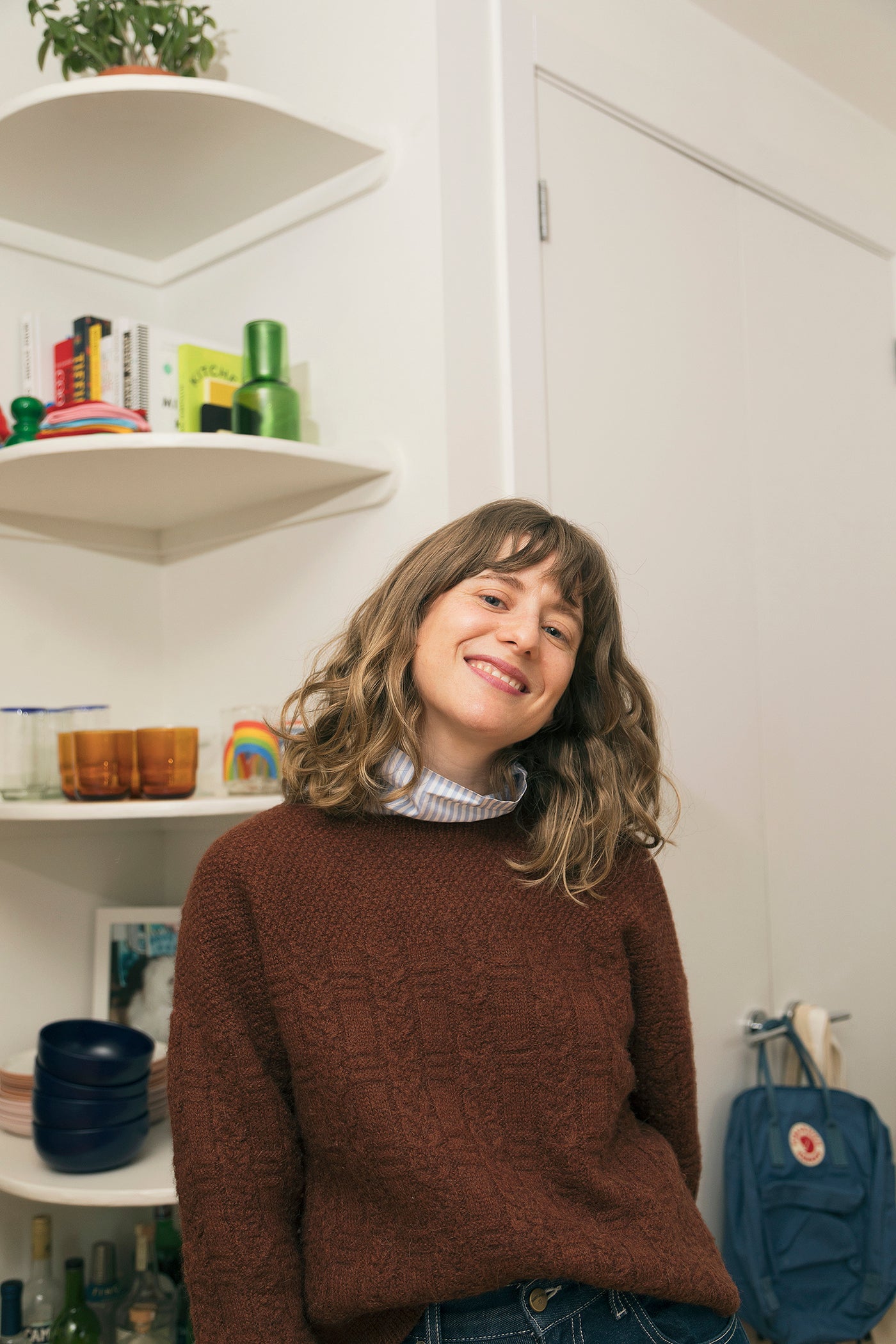
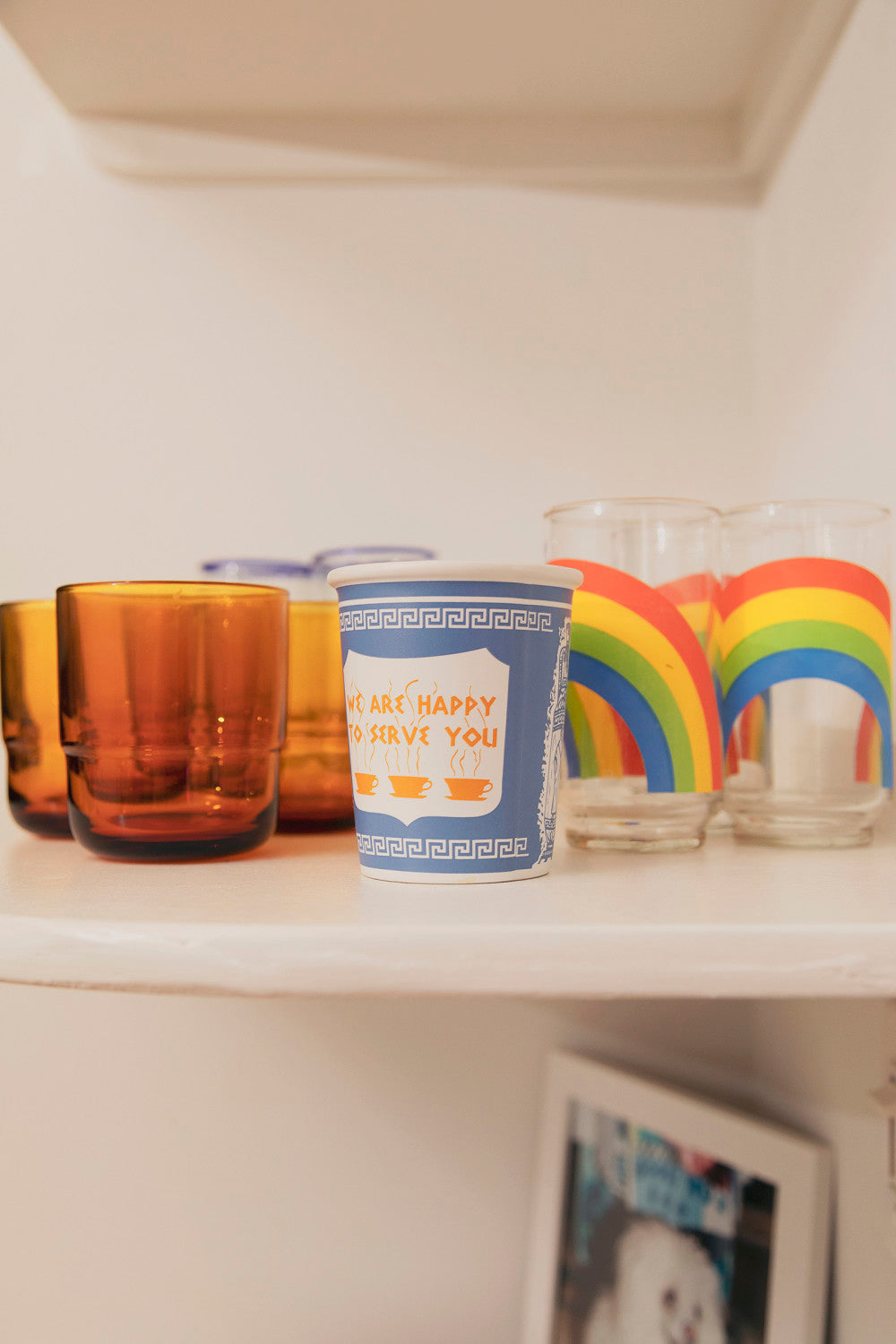
Contentment and complacency are very easy to mistake for each other. I think a lot of life is being willing to sway back and forth. Like periods of being more ambitious and active and pursuing, and then coming back to your comfort zone and relaxing and just being done. I think they’re both really important parts of life.
Now I’m trying to figure out what comes after feeling like I’ve oversimplified. Maybe it’s getting out there and finally writing that book proposal, doing all the press that I’ve been avoiding, and freelance writing. But it could be something else. I don’t want to take other people’s scripts for what it means to succeed or have a full life when I haven’t fully kicked the tires on whether they match me.
Part of that’s also connected to why I’ve been generally less visible online. I don’t post that much anymore. I’m giving so much of myself that I feel this desire to keep something. I’m trying to figure out how to be ambitious in a non-professional context. I don’t just mean hobbies, but I mean what does it mean to build a community with my friends? How do I deepen my relationships in my life and deepen my relationship with my house or my neighborhood or with New York? My work doesn’t just get my ideas, but it gets all of my recommendations, like movies, shows, and recipes. It already gets so much of me that I feel this draw to have things that are really important to me outside of it.
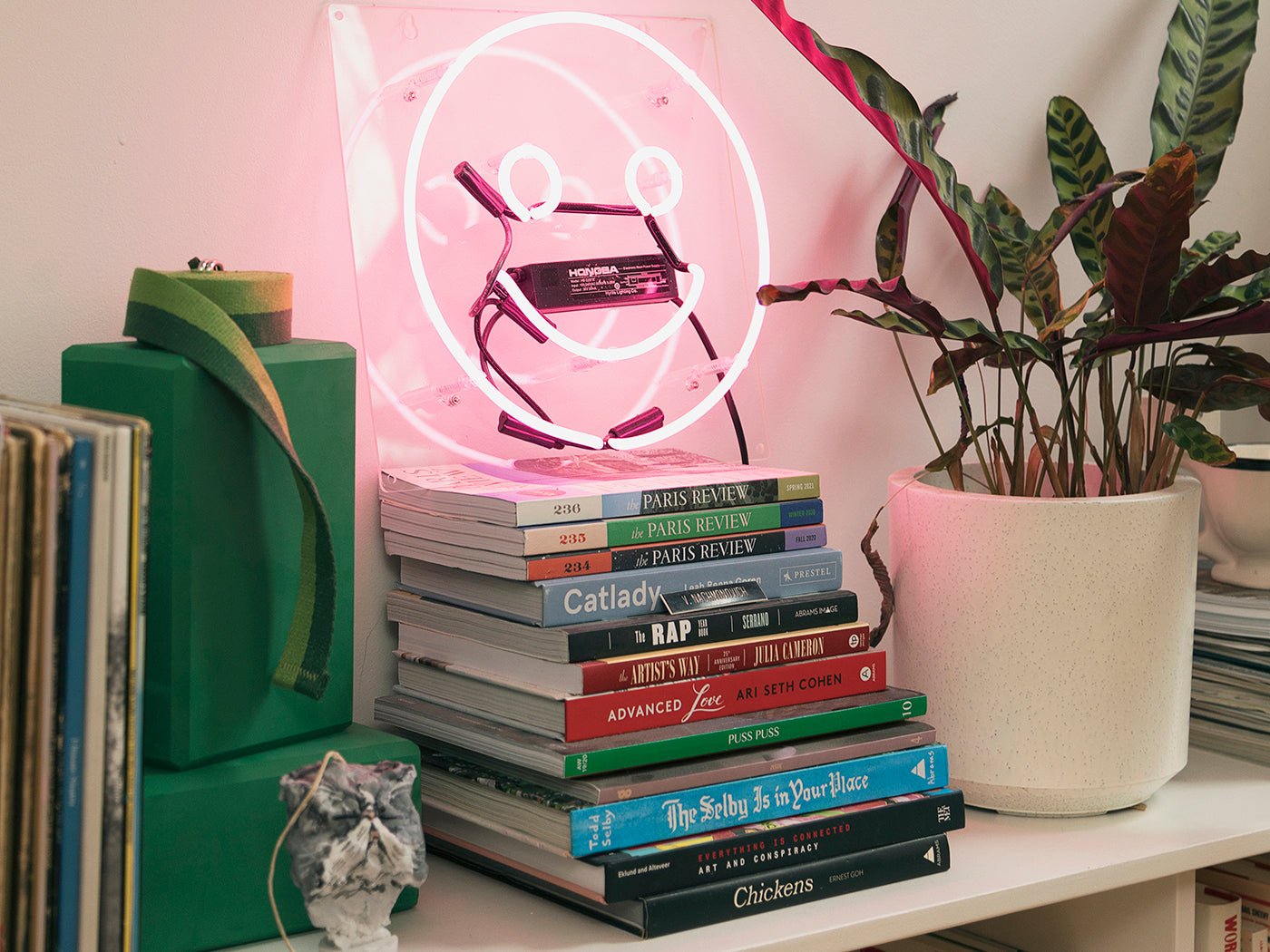
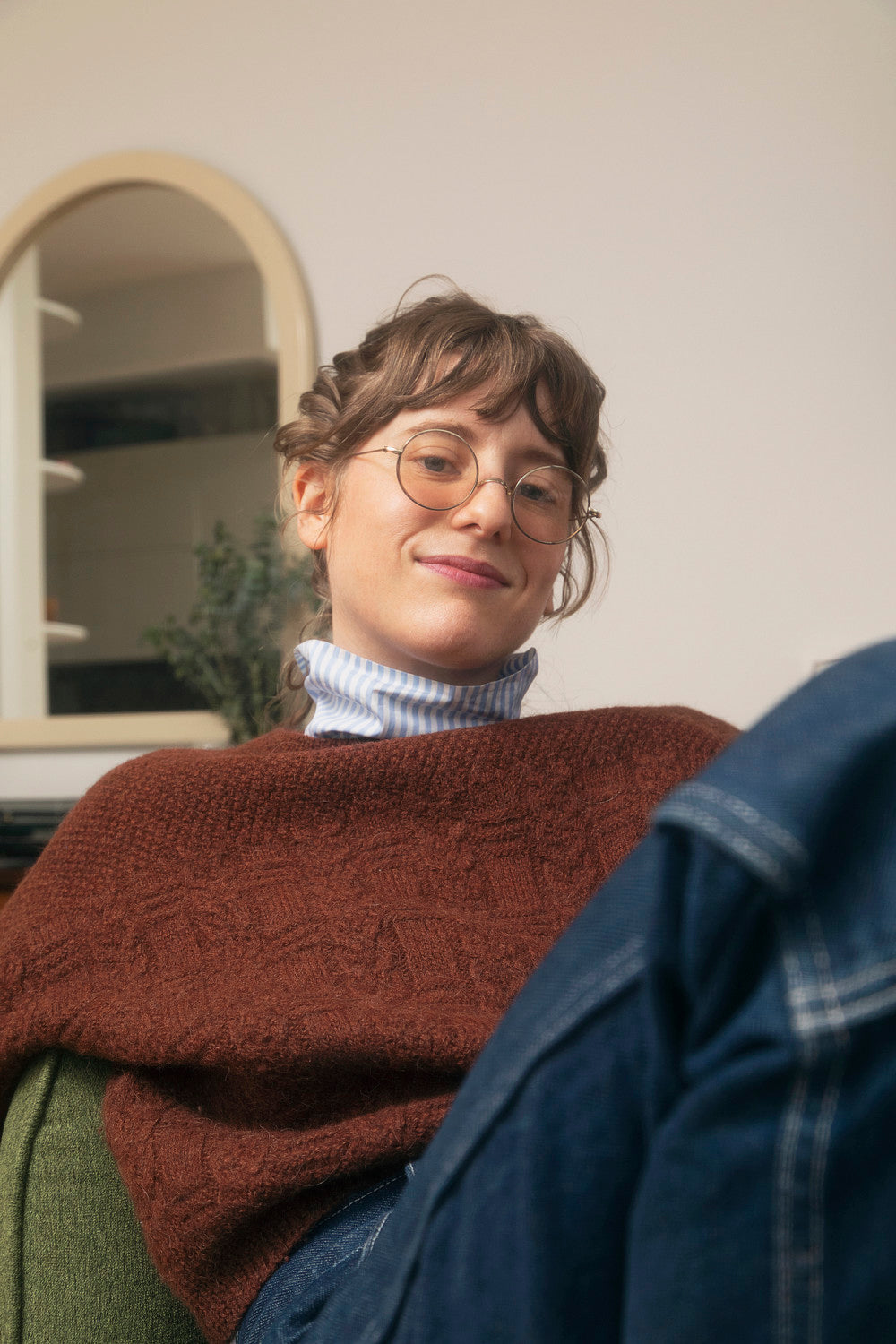
My writing is not like an Amazon product with five or one star reviews under it.
Last year I turned off comments on my newsletter. I definitely had an issue in 2020 where I would spiral anytime somebody left me a mean comment. That was part of the inspiration—to shut off the valve to this immediate public feedback to everything I put out, which meant sacrificing the positive comments as well. It was just sort of like, I actually don’t think I need this constant barrage of feedback from strangers.
I became less focused on how I was being perceived, which is such a time and energy suck. Not being on Instagram as much, there’s this part of you that feels less perceived in a bad way. Everybody likes to be perceived sometimes. I laugh all the time about those TikToks that are like, “The people in this coffee shop are the only people I’m going to see today. Everybody better look at my outfit, because I only put it on to get a coffee.”
I think it’s normal to want to coexist with the people you’re writing for or speaking to in a tangible way. Sometimes I’m doing cultural criticism or making claims that people disagree with, and I think that’s totally fine. I definitely toy with wanting to have a healthy discourse and not feel like I’m speaking into an empty room, which is part of the reason that I’ve been seeking out more of it in my actual life, like talking to other writers and getting an editor and bringing in that outside perspective from people who are known and trusted to me. I also have a feedback form. So if people really have a burning bit of feedback to give me, they can give it to me, but my writing is not like an Amazon product with five or one star reviews under it.
I wrote about this a long time ago when I first shut them off, but it made me rethink how we talk about the term “community” on the internet. A lot of times, it was just shorthand for a vibrant comment section, and I don’t think that necessarily always represents a community. Or, those people might be in community with each other, but they’re not necessarily in community with the person who’s providing the comment section. There are not equal stakes at hand. It made me think about what community meant and how to actually get it in a way that felt more meaningful to me.
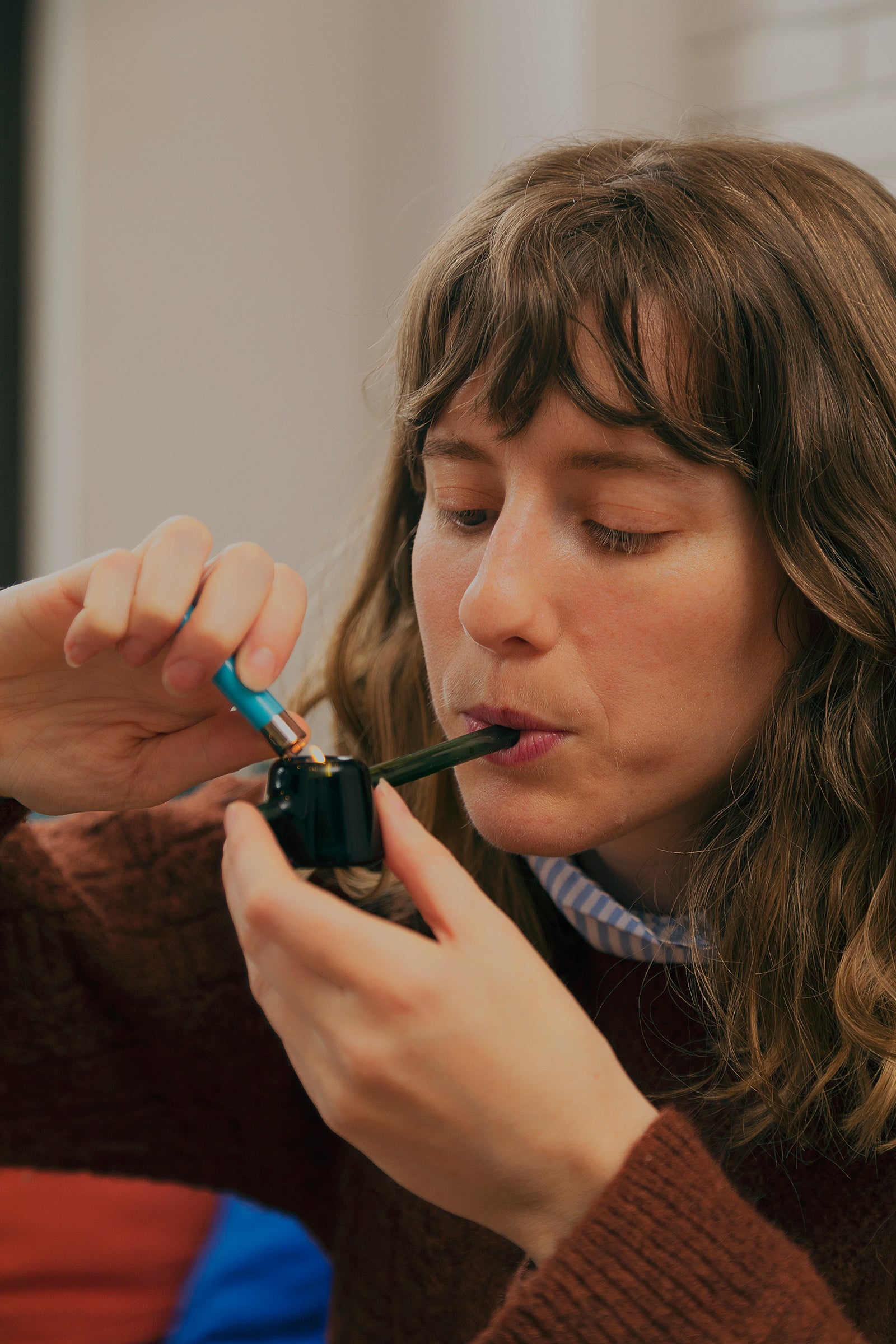
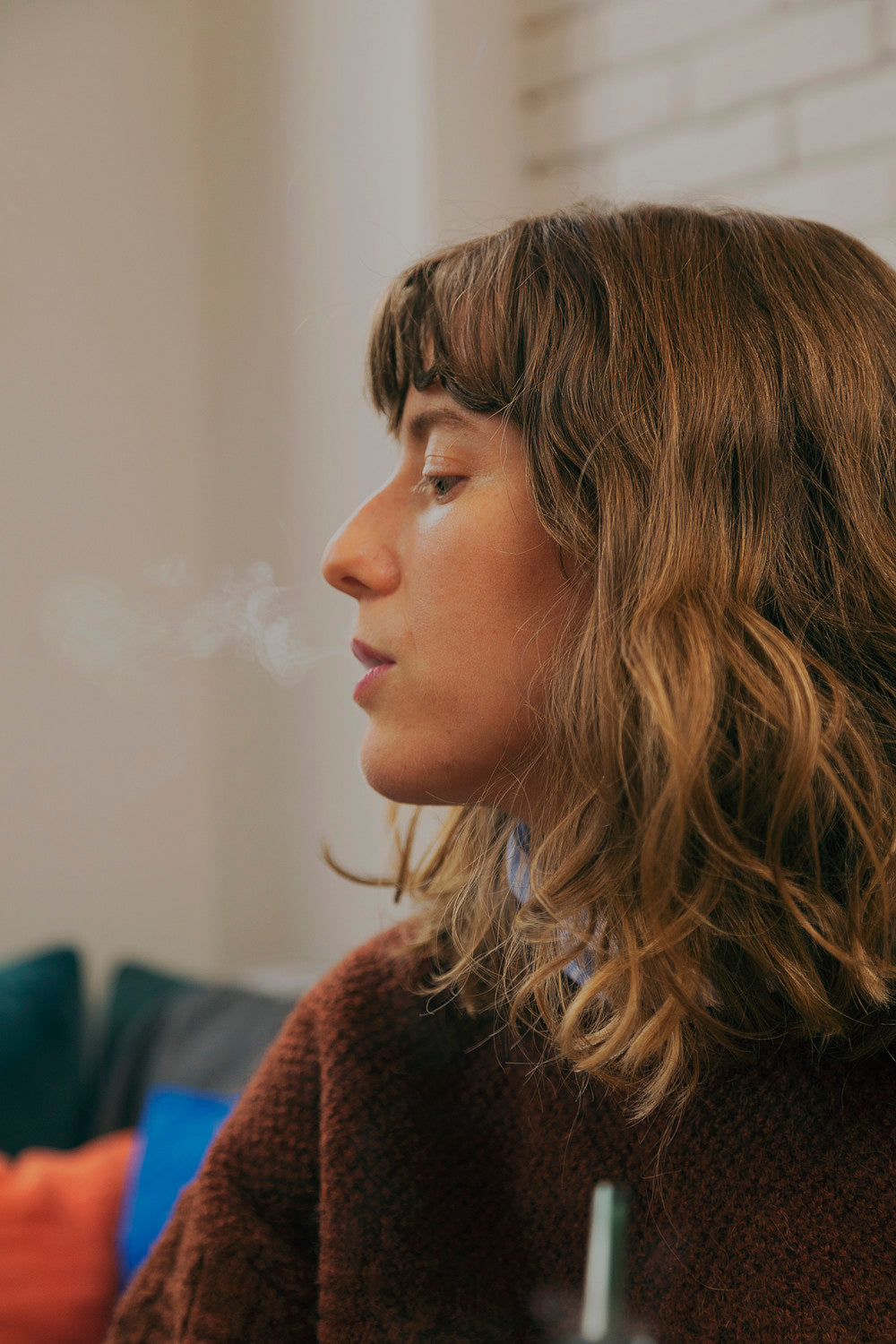
To give a drug too much credit, I think it kind of changed the trajectory of my life.
I’ve definitely written about drug use here and there, but not how much or how often. I smoked weed in college and drank heavily, but I didn’t really try anything else until after school. I was pretty scared of anything else. Maybe I did do mushrooms once, or a few times. But I remember feeling really nervous about anything else.
It wasn’t until I had this opportunity to go to the Electric Daisy Carnival. The first time I did molly was at EDC, which is so funny. I remember being so scared and googling things like, “What is molly? What are the risks? What are the dosages? What’s happening in your brain?” I remember somebody saying, and it’s so funny that I blindly trusted her, “Your brain is already storing up serotonin and dopamine. Basically, you’re just high on what makes you happy.” I was like, “Oh, okay.”
That was my foray. I was still really nervous about everything, but I loved molly and feeling less control. To give a drug too much credit, I think it kind of changed the trajectory of my life. I just remember feeling like I accessed a side of myself that was a little more adventurous and open to new experiences that were maybe dangerous. Which was never how I thought of myself as a person.
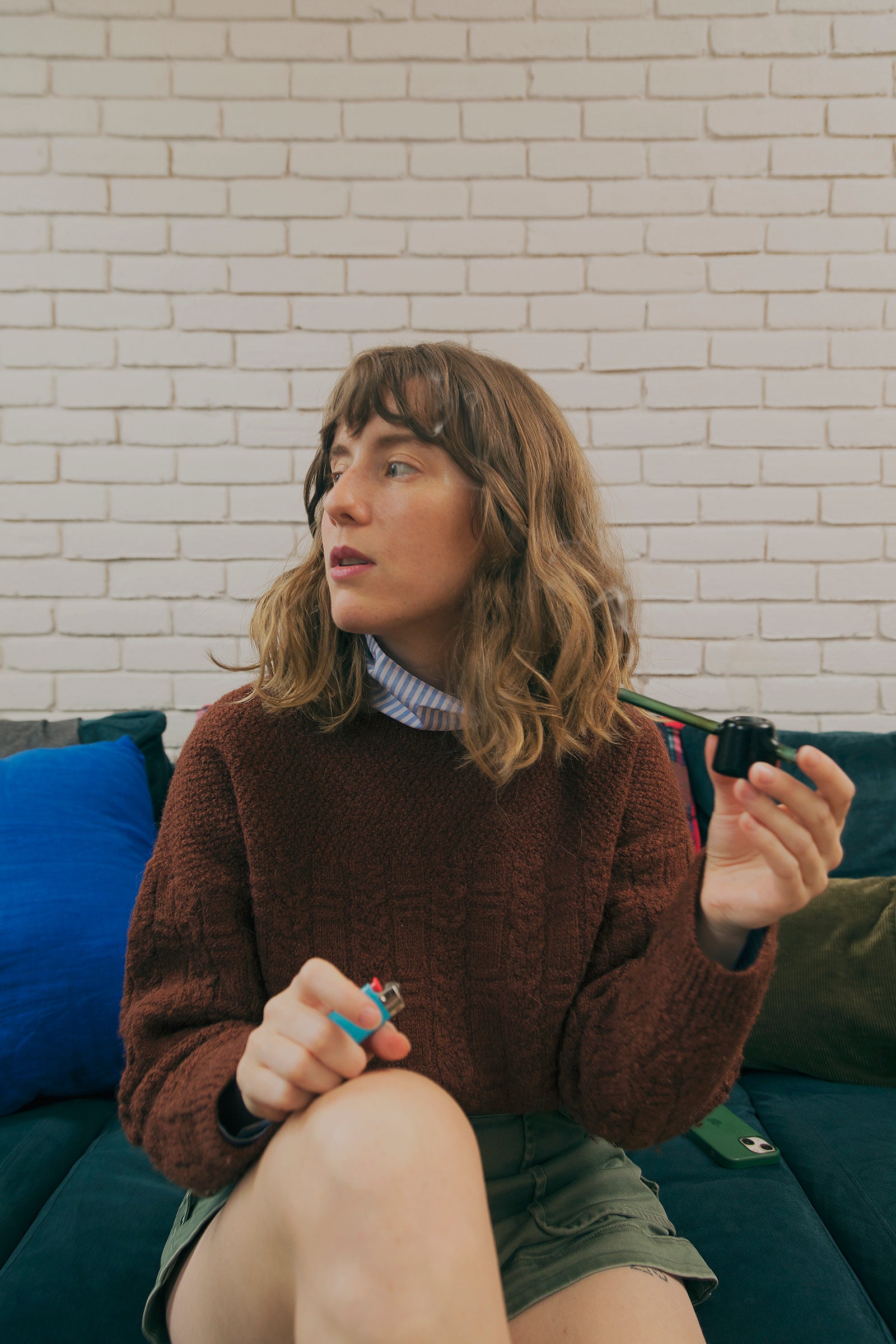
In hindsight, I’m glad that I didn’t experiment with anything much until I was in my twenties. I feel like I was more equipped to handle it. Not in every way, though. I made a lot of dumb mistakes at that time, like getting too confident about what I could or couldn’t take. But I did really appreciate this new side to myself. I think there came a point really clearly where I started feeling too old for that scene, and I started to see the façade. At these types of music events, there’s this feeling that everybody loves each other and there’s benevolence. But you also notice that when you get there early nobody is like, “Hi!” That’s not there. If you start to think too much about the façade, that need to be high to get along, it starts to feel a little gross.
So I sort of tapered back. At the time I was especially focused on changing my career and I was not partying as much anymore. I’d say if that was my molly era, I’m more in a mushroom era now. I love mushrooms. They’re definitely my favorite high. For me, if I had a choice between being a little bit high on weed or a little bit high on mushrooms, I’m definitely picking mushrooms.
As someone who really favors her sense of self in any given moment, I really like taking small amounts of them. I find that taking a little bit of mushrooms and going on a walk, or even just taking a little bit on a Saturday, a lot of times I forget that I took them. That’s the amount I want to take.
In my earlier life with drugs, I never wanted to take something and have to force myself to feel it. I feel the opposite now, which is that I want it to be so subtle I could forget it’s there—or make use of it. Which is like, are you going to sit on the couch and scroll on your phone, or are you going to put a record on and light a candle and knit, or draw? My boyfriend Avi and I both have little creative hobbies, and we’ll have nights where we try to cultivate an environment where we’re both working on things. I guess that’s kind of a metaphor in general for cultivating a head space for yourself.
If I don’t feel like doing that, I can just chill or exist. I think that’s why I’m not a huge stoner. I wouldn’t describe myself as smoking every day, that’s not me. I probably smoke once a week. But I do feel like I’m starting to smoke more, and I’ve realized that I really prefer indica to sativa. I kind of prefer the chilled out body high to the think-y high. I used to prefer sativa because what I wanted to do was cry laughing.
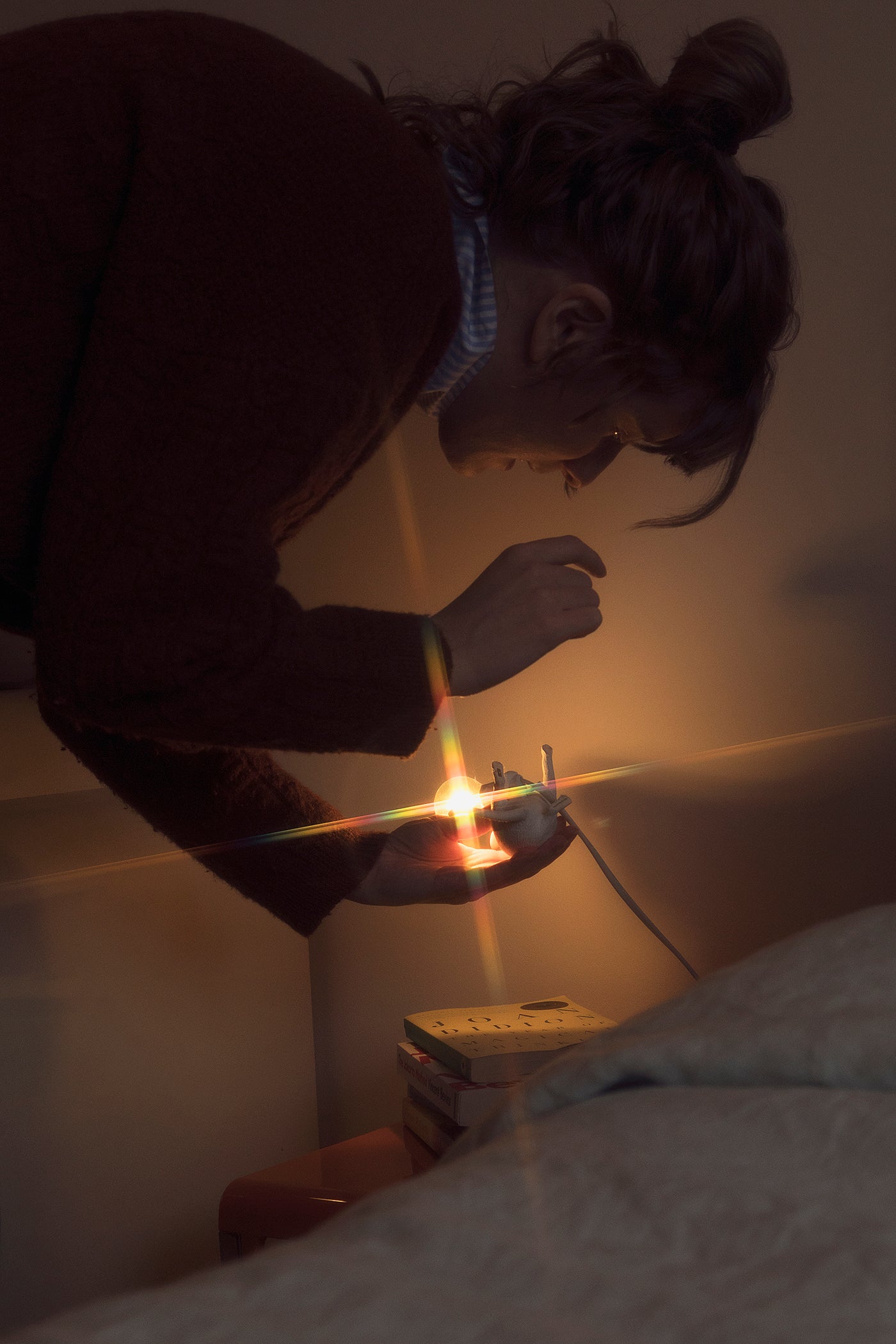
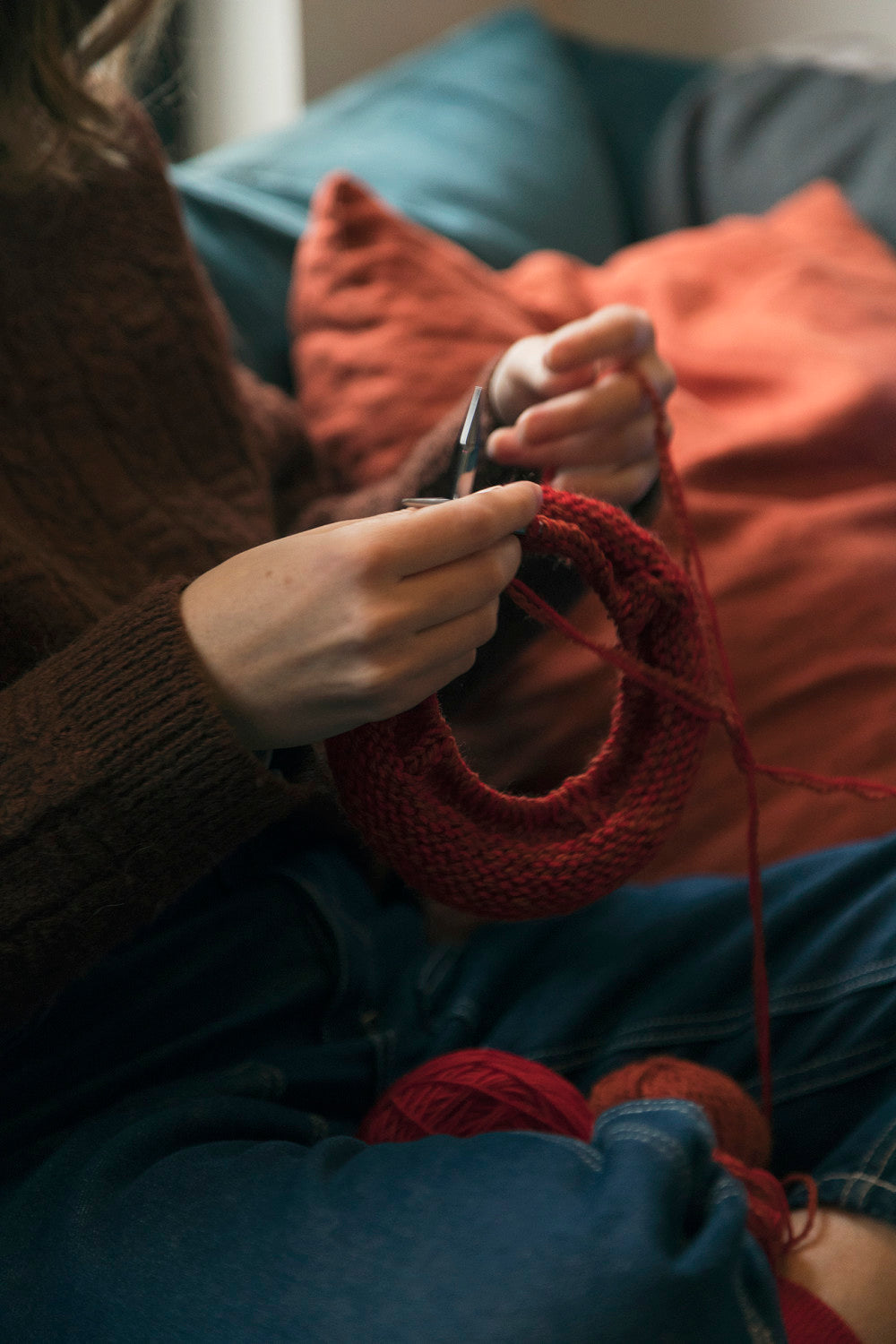
In my kind of party era ... I did acid on a nude beach in San Luis Obispo.
In my mid-twenties—this was sort of in my kind of party era—I did acid on a nude beach in San Luis Obispo. I’ve only done it once. I was not nude, but there was only one guy there, so it wasn’t rude of me to not be nude. It’s just funny that it happened to be a nude beach, because I was the highest I’ve ever been in my life. There was an old naked man walking around in the waves, and I was just like, what’s going on?
It was a pretty fun experience while coming up but then things got kind of dark for a while. I think this is really my fear with all drugs: being lost somewhere in my mind and feeling like I’m losing contact with reality. This experience forever scared me because I was so trapped in this other space. Every once in a while I would come to and be like, “Oh my god, I’m on a beach. I’m myself. I’m with my friends.” And then I would go back under. Time was just elastic. I felt like I was gone for years.

I think sometimes when I get high, I can still access that bad trip, and that’s kind of what scares me. Maybe that’s part of why I am such a fan of the lighter doses. I can definitely be kind of a mother hen, like, “Just start low. Don’t take too much.” Sometimes I feel like people think it’s fun to be like, “Oops, I took too much,” kind of in the way where you’re like, “Oops, maybe we should get one more drink at dinner!” But it’s not the same.
But a lot of people don’t mind going off the deep end, so I probably just need to be less of a control freak. I ended up coming to from the acid experience and having a nice time the rest of the night. We went to a music show. I later wrote an essay about that experience, and specifically the idea that because I got over it and was fine, I should therefore be able to talk myself down from a high in the future. This is a really common refrain from drug users in general: when you’re high, just accept that you’re high.
I think it’s a little bit antithetical to what a high is, which is that you’ve lost access or some amount of access to who you were sober. Therefore, you cannot rely on carrying one particular lesson over the bridge. The metaphor of the essay was basically that a lot of emotions are like this. For example, when you’re not angry, you think, “The next time I’m angry, I’ll just say this,” but that’s just not how anger works, or depression, or anxiety. When you’re in those places, the point is that you’re high on that emotion. You can try to talk yourself out of it, but then ultimately, you’re just denying yourself a feeling that you need to process.
I was grateful for the lesson from that high. I guess I maybe don’t regret it. It was very applicable to something I struggle with all the time: trying to intellectualize my feelings. Which kind of brings us back to the beginning of why I write, and the risks of it. How do you make sure that you accept and embrace your feelings?
Since I wrote that essay, it’s the top hit for anybody who googles “bad acid trip.” It’s funny, at least once a month, a really random person who doesn’t follow me or know who I am, who’s just a little bit high, sends me a long DM saying they found my essay and telling me about what’s going on with them, or maybe thanking me or whatever. I call them acid DMs. It’s a funny touchpoint I have with people who live otherwise completely different lives from me and probably don’t give a shit about anything I’ve written.
There have been times where I wonder if they don’t even want me to reply, like maybe they’d be embarrassed the next day to see what they’d written me. Sometimes they’re really long. But it’s a really nice little peek into humanity, people in this vulnerable place where their walls are down and they’re maybe feeling a little out of control. It’s sweet to be let into that moment.
This interview has been edited and condensed for clarity. Haley Nahman photographed by Nik Antonio in Brooklyn. If you like this Conversation, please feel free to share it with friends or enemies. Subscribe to our newsletter here.